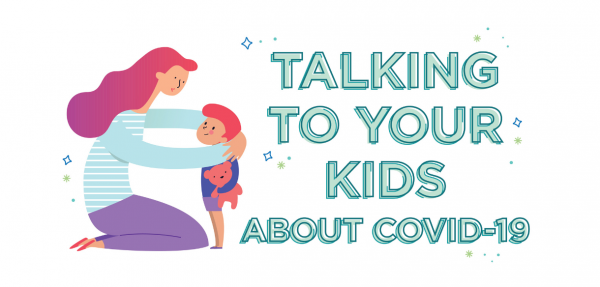Misinformation is spreading quickly right now. And if you’re having trouble keeping track of what’s real and what’s fake, think about kids, who often get their news from YouTube and Instagram. Kids will be seeing lots more viral content, including memes, TikToks, and YouTube videos in the days to come. Some of it may be entertaining and thought-provoking, but lots of it will be fake. Now’s the perfect time to sharpen your family’s news literacy skills so you can get the vital information you need—and not be duped by misinformation.
Be skeptical. Between the bad actors who create deceiving content and the folks who share it, fake news travels faster than real news. To help kids learn how to separate fact from fiction, encourage them to think critically about what they’re hearing and seeing. Challenge them to always verify the source and to withhold commenting and sharing until they know something is legit. More tips:
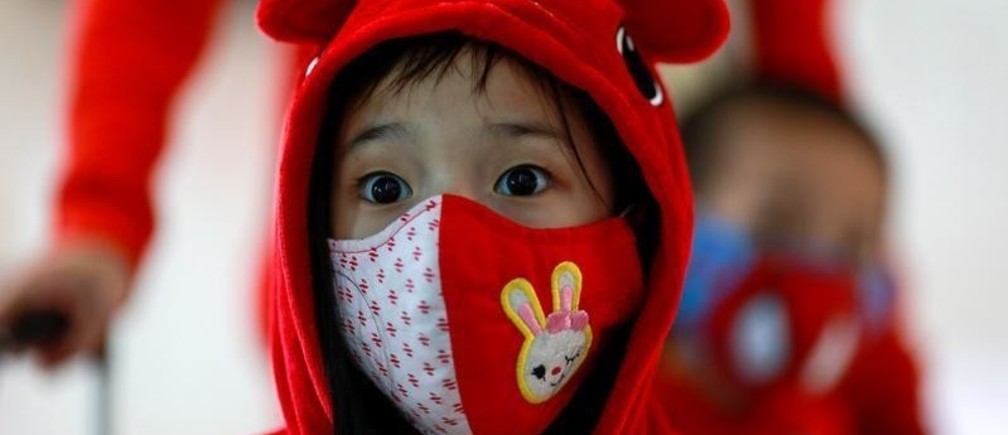
- Build critical thinking skills. Walk kids through an analysis of a piece of news or information by asking: Who made this? Why did they make it? Is it for or against something or someone? Are they trying to get a big reaction from me or just inform me? How can I tell? What’s left out of this content?
- Notice your feelings. Clickbait and fake news strive for extreme reactions. If the news you’re reading makes you really angry, scared, or smug, take note. Check multiple sources before trusting.
- Investigate the source. Look for unusual URLs, site names, or social media profiles that try to look like legitimate news or information sites, but aren’t. Also, learn more about who wrote or created the content: Are they credible? Biased?
- Put it in context. Consider whether other credible, mainstream news outlets are reporting the same news. If they’re not, it doesn’t mean it’s not true, but it does mean you should dig deeper.
- Cross-reference. Go to Snopes and other fact-checking sources before trusting or sharing news that seems too good (or bad) to be true.
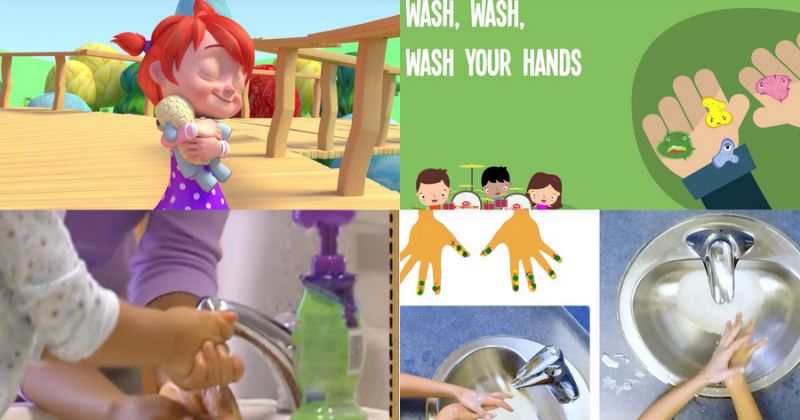
Understand different types of content. Talk to kids about the wide variety of information sources and types of content: investigative journalism, research studies, opinion pieces, self-published blogs, punditry, firsthand accounts from friends or family, government reports, memes, and satire.
- Play “fact or opinion?” Using the radio, TV, or other source, see if kids can pick out what’s an indisputable fact and what’s an opinion. With older kids, talk about bias and subjectivity and see if they can identify them in an article or video.
- Ask who they trust. Kids tend to prefer news that’s personal and relatable, such as first-person coverage of a conflict or a report from an embedded journalist. That’s fine, but explain the professional standards that established news organizations follow, and discuss how that compares to, say, a citizen journalist recording an incident on a cellphone.
- Watch out for viral videos or social posts. Content that circulates around the internet may or may not contain nuggets of real news, but it rarely represents the whole situation. And, like photos, videos can be doctored and edited to bend the truth.

Identify credible sources. While we can’t shield our kids from all misinformation, we can help them figure out where to go for accurate, up-to-date knowledge.
- Both the World Health Organization and the Centers for Disease Control have published authoritative information about the coronavirus and are constantly updating their websites. State and city websites and health departments should also have trustworthy updates. If your kid is on TikTok, ask them to show you the WHO’s (kinda cringey, but accurate) channel.
- Share the news sources you use with your kid, focusing on trusted news outlets that follow standard journalistic practices and ethics. Ask your kid to share their sources (friends on the playground, celebrities, YouTube gamers?) and discuss the differences.
- Think about the differences between firsthand accounts from a family member in Milan or Seoul and a post from someone you don’t know but who claims to have unique or authoritative information. Which is more trustworthy? (It’s OK if you can’t figure out the answer, but the process of thinking this through is instructive.)
This is a crucial time to practice news literacy skills. By Sierra Filucci 3/25/2020
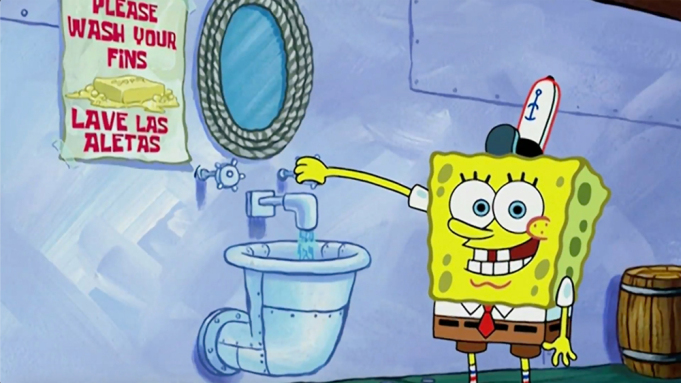
Ask a Doc: Talking to Your Kids About COVID-19
Adam Weis, MD, Pediatrician at Rochester Regional Health, says talking to children about the new coronavirus can be challenging for parents and guardians.
March 25, 2020
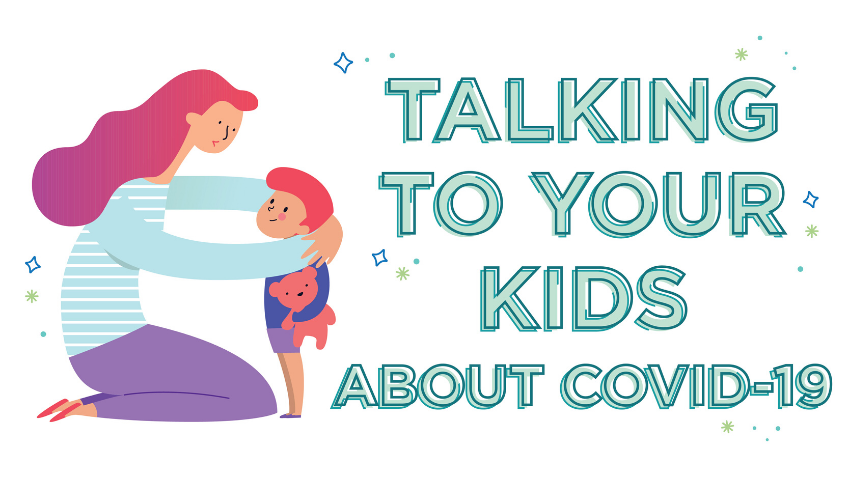
As the COVID-19 outbreak evolves across the globe, we continue to learn more about the new coronavirus and how it is impacting our families and community. So, how do we explain the coronavirus to our children in a way that educates them without causing anxiety or fear?
Adam Weis, MD, Pediatrician at Rochester Regional Health, says talking to your children about the new coronavirus can be challenging for parents and guardians. He tries to heed his own advice when talking to his four children, ranging in age from six to six months old, about the pandemic.
“My six-year-old wonders why grandma and grandpa aren’t coming to visit, and we explain to him that there is a new ‘special cold’ going around that can be serious for some people,” Dr. Weis said. “We tell him that we’re all staying away from each other at the moment to try and keep everyone safe.”
What else can we say to our kids? Dr. Weis answers our questions.
Q: How much detail should parents give their kids about the coronavirus?
The goal is to provide enough detail so they understand the situation and know how to stay safe, but not cause them fear, confusion, or anxiety.
Try to reframe the conversation and simplify the details. Children don’t need to know the number of positive cases or deaths.
Focus on the positives like what we can do to prevent the spread of the virus and the stories about companies producing face masks and hand sanitizer, as well as the social media movements that people are taking part in.
Kids should have a basic understanding of what’s going on but not have the full burden of the situation placed on their shoulders.
Q: How often should parents check in with their kids about the coronavirus?
Parents should check in regularly to ensure their kids know the facts and don’t get caught up in rumors.
Nowadays, kids have more opportunities to be exposed to harmful topics. Social media, the internet, and chat groups make it easier for them to get information, some of which hasn’t been verified.
It’s important that parents know the facts so they can translate that information into a developmentally appropriate and simplified explanation for their kids.
Q: What advice can you give parents with kids who suffer from anxiety?
Anxious children often haven’t developed the coping skills necessary to deal with stressful situations or big changes in their lives.
For parents of anxious kids, it’s essential to practice usual de-stressing activities. Try keeping your kids busy and their minds on other things as much as possible.
Reassure them that most people who get sick with this “special cold” are going to be fine. And if someone they know gets sick and they don’t have any underlying health issues, then they’re probably going to be fine too.
Remind them that doctors and healthcare workers are doing everything they can and helping everyone so they don’t get sick.
Q: What can parents do to keep their kids distracted?
As the weather warms up, it’s going to get harder to keep your kids inside. Generally, letting them play outside is fine as long as it’s in small groups, preferably somewhere you can see them, and they’re aware of proper hygiene.
Otherwise, great ways to keep them busy are activity books, recreating their school environment like setting up their schedule for the day, and activity resources like GoNoodle.
Q: Is there anything else parents should know?
I think parents must realize that how they say something is just as important as what they say.
Kids are excellent at picking up on body language and recognizing your worries and anxieties through your actions. Parents need to be cognizant of the anxiety level that they show their kids and try to stay calm when discussing the coronavirus.
My wife and I have made a concerted effort to talk to our kids about the coronavirus but not have them listening in when we’re having our adult conversation so they’re not hearing us expressing concern to a degree that would scare them.
Try to keep your children out of adult conversations that touch on things like the number of confirmed cases, death rates, the economy, and any “big picture forecasts.”
Q: Where can parents get more information?
The American Academy of Pediatrics has a library of very helpful articles, resources, and other information dedicated to speaking to your children about the coronavirus.

